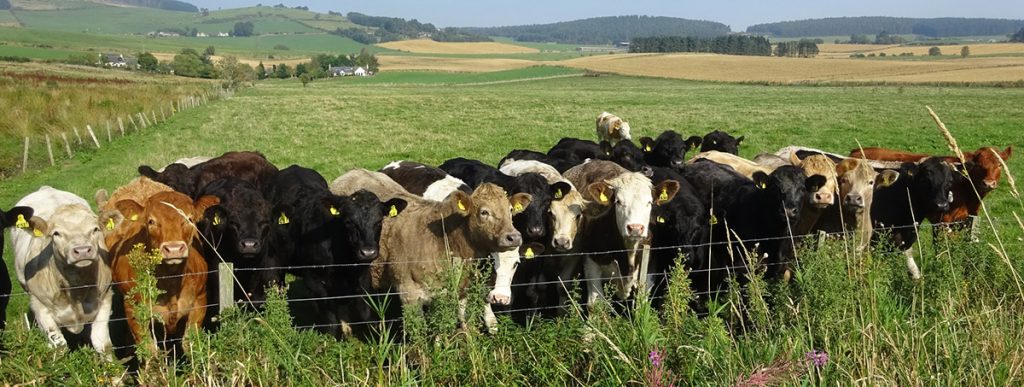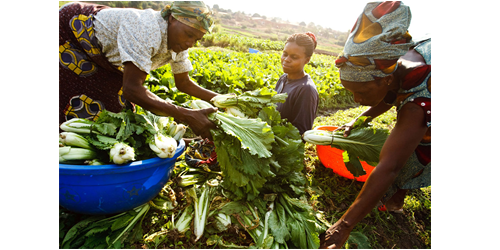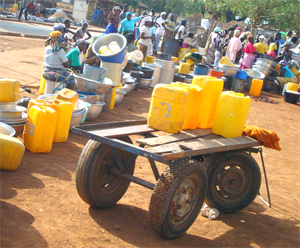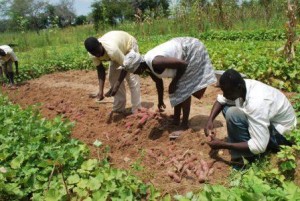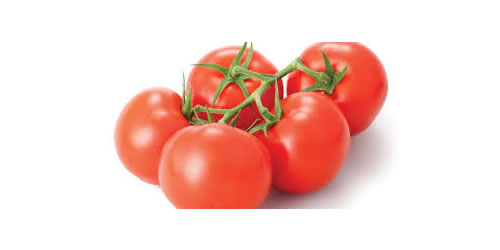Workshop on Bacterial Black-Spot (BBS) Infestation Held At Somanya
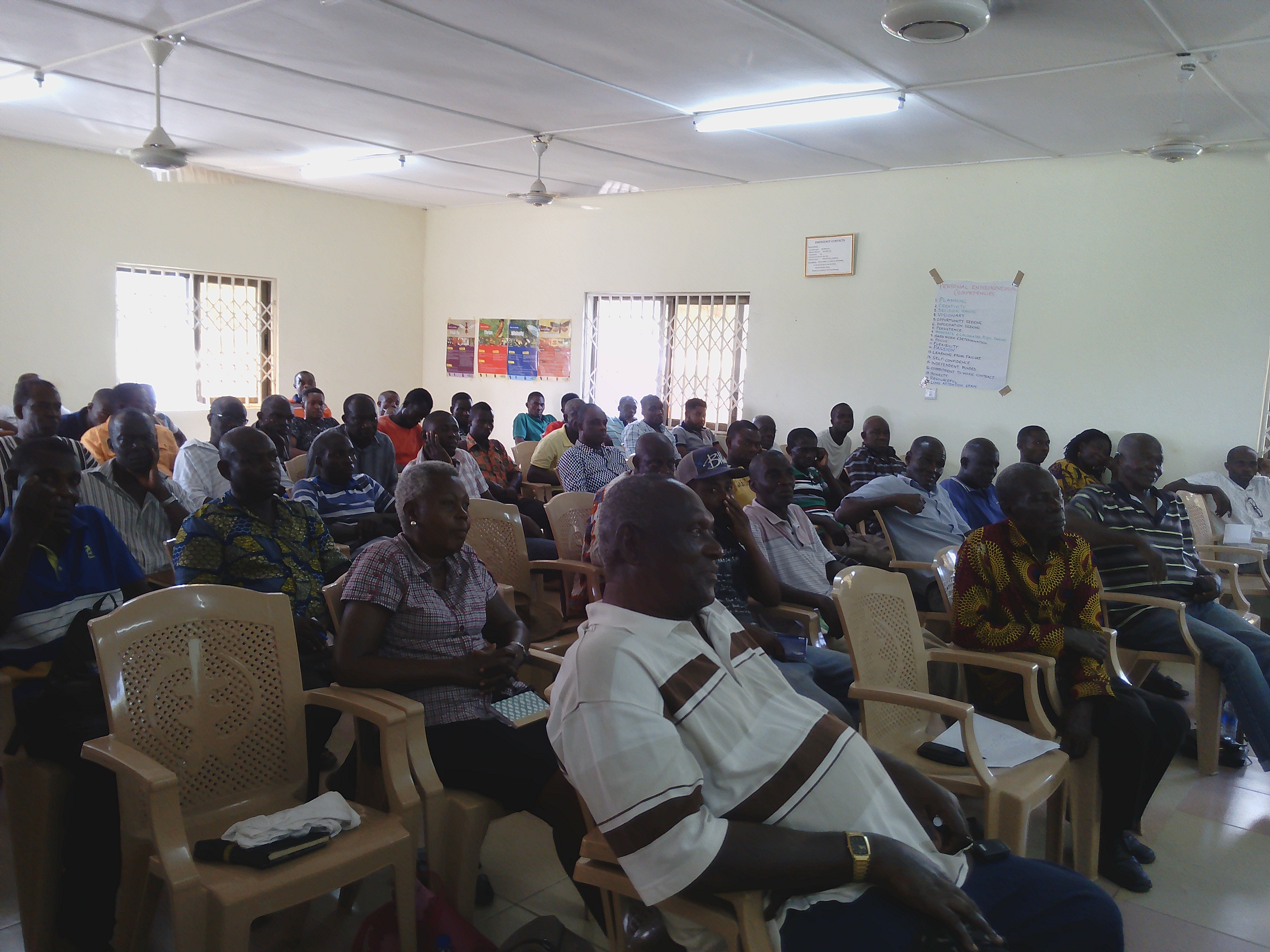
Mango farmers in the Yilo Krobo, Lower Manya Krobo and surrounding areas have appealed for an urgent action to help stop the spread of the bacterial black-spot (BBS) disease attack on their crops, as it is ravaging farms, killing trees and destroying yet-to-mature fruits.
The disease causes cracks in both the trees and the fruit, resulting in the fruit getting rotten and dropping from the tree prematurely.
The disease is said to be spreading in the Yilo Krobo municipality, Lower manya krobo municipality and other sectors of the southern zone. The disease is also said to be devastating mango-growing areas in the Brong Ahafo.
Several hectares of mango plantations in the affected areas have come under attack.
Dr. Joseph Honger- from the Soil and Research Center of the University of Ghana expressed concern about the development at a workshop at Somanya to discuss possible ways to “manage the situation.”
According to him, the purpose of the workshop is for mango farmers to be trained on how to identify affected mango plants and adopt best farming practices to avoid a further spread of the disease.
Dr. Joseph Honger who also served as a facilitator for the workshop added that the bacteria have in recent times caused a lot of damages to mango fruits of affected farms. This, he indicated prompted an American company called IESA which decided to sponsor a workshop for mango farmers to educate them on how to identify the bacteria and adopt possible control measures.
It was organized by the United States Agency for International Development (USAID) in partnership with the Soil and Research Center of the University of Ghana.
The disease is so devastating and there is an urgent need for research scientists to get down to business and find a solution because if allowed to persist, it will have dire consequences on the nation’s mango production.
The training workshop which started from the Brong Ahafo region is currently in affected sectors of the Southern zone.
“As part of the training, I visited some of the fields and most of them are infested, a situation which if not solved will affect the mango industry in the coming year since some farms will not even harvest a single fruit because most infested farms are cutting down infested trees to plant different crops,” he disclosed.
The facilitator expressed joy at the turnout of farmers at the workshop which he said was an indication of how devastated farmers were about the situation.
He expressed fears in the likely collapse of the mango industry if pragmatic measures were not taken to address the situation and urged the Ministry of Agriculture to address the situation as early as possible.
To him, farmers must adhere to all forms of good farming practices discussed at the workshop to avoid the spread of this disease.
Meanwhile, Mr. Joseph Odjeyemi, a farmer and an Executive Member of the Association described the situation as ‘disheartening’ and they as farmers have put in place several measures to arrest the situation.
“The situation is so discouraging and we as farmers have put in place several measures to arrest the situation before we get fruits for the minor season. Moreover, chemicals applied are very expensive. We are therefore taking the workshop very seriously to learn about how to manage the situation,” he explained.
Mr. Joseph then made a passionate appeal to the Ministry of Agriculture and all stakeholders in the industry to intervene in the situation since the farmers have already lost about 50% of their production to the infestation.
The ‘Bacterial Black Spot’ (or BBS) disease is named after the black spot marks, which develop first on leaves and then spread on fruits.
The spread of the infection
BBS is a bacterial disease, highly specific to mango (it cannot affect other crops), and it often comes from infected seedlings. BBS spreads in the orchard when it is wet and stormy, so the risks of infection are higher during the rainy season.
Source: Joyce Bedeley/ritefmonline.org/jbedeley@gmail.com

